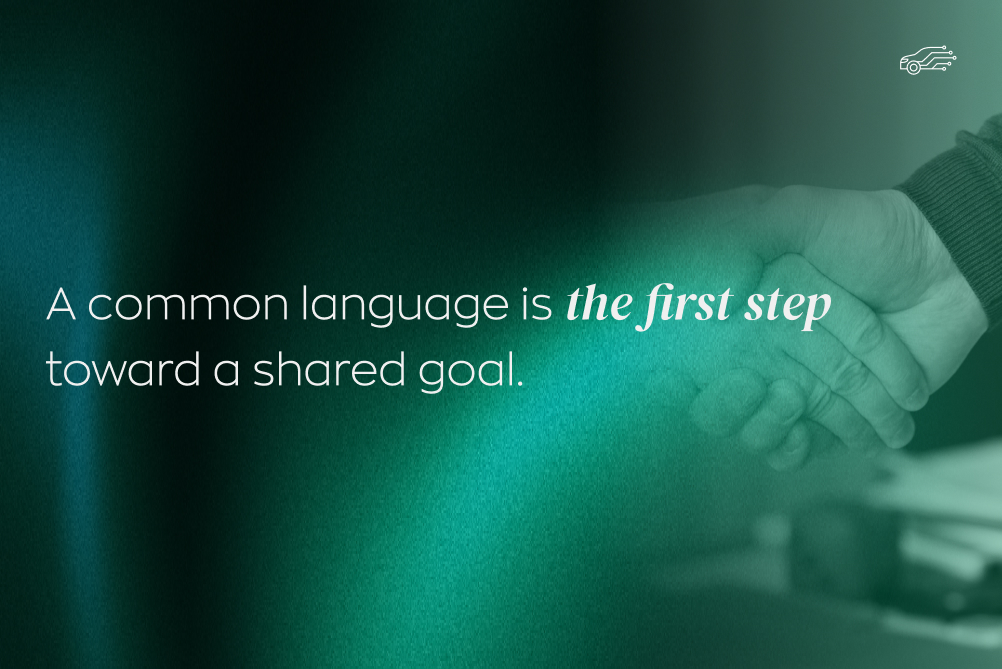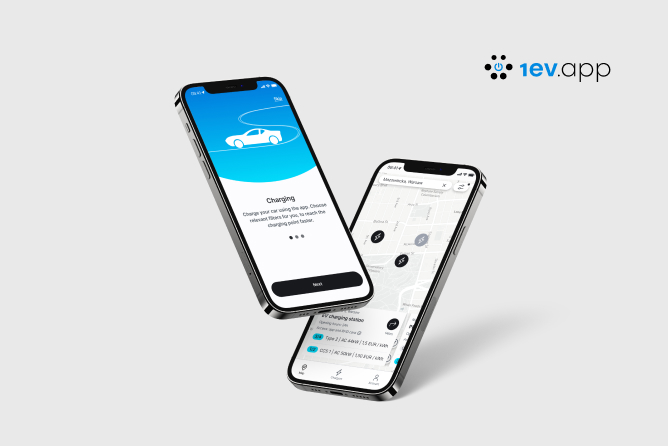Agile is one of the most frequently used terms in modern project management methods, but what does it mean? It is a methodology that emphasizes flexibility, efficiency, and rapid value delivery. Agile's iterative approach enables businesses to adapt to changing customer needs and market conditions. This article will explain what Agile means in practice and how it can support your business growth.
What is Agile, and why should you learn about this methodology?
Agile is an approach that revolutionizes project execution. Its primary feature is iteration—breaking work into short phases called sprints. Unlike traditional methods, Agile allows teams to respond quickly to changes and adapt their actions to new requirements.
Learning about Agile is crucial because, in today’s dynamic business environment, adaptability is key to success. This methodology helps mitigate risks associated with unforeseen circumstances, which is critical for project success. Agile places a strong emphasis on team collaboration, fostering better communication and engagement.
Agile also provides greater transparency in processes. Regular meetings, such as daily stand-ups, allow teams to monitor progress and address obstacles in real-time. This ensures projects run more smoothly and efficiently.
Agile: What is it, and how does it differ from traditional project management methods?
Agile is more than just a project management methodology—it’s a philosophy focused on delivering valuable results in a short time. Unlike traditional methods, such as the waterfall approach, Agile does not rely on a rigid project plan. Instead, it divides the process into smaller steps.
Traditional approaches often involve detailed planning at the beginning, which can lead to issues when changes arise. Agile addresses this problem by enabling teams to respond flexibly to new requirements. Additionally, Agile promotes self-organization within teams, giving members more freedom in decision-making.
This methodology also differs in its approach to clients. Agile encourages active client involvement at every stage of the project, ensuring the final product better meets their expectations. This approach builds trust and strengthens business relationships.
Key principles and values of Agile methodology
The foundation of Agile lies in the four values outlined in the Agile Manifesto:
- Individuals and interactions over processes and tools.
- Working software over comprehensive documentation.
- Customer collaboration over contract negotiation.
- Responding to change over following a plan.
From these values come principles focused on delivering value, motivating teams, frequent delivery of functional products, and continuous process improvement.
A crucial element of Agile is regular retrospectives, where teams review their processes to learn from their experiences. This leads to continuous improvement and better outcomes.
Applying Agile in business
While Agile gained popularity primarily in the IT industry, its applications extend far beyond. In business, Agile facilitates flexible project planning and execution, making it invaluable in dynamic fields such as marketing, HR, and logistics.
In a business context, Agile helps companies bring products to market faster. Its phased approach allows businesses to test new solutions on a small scale, minimizing risks and tailoring the product to customer needs.
Agile is also an excellent tool for building team engagement. Transparent processes and regular meetings ensure every team member understands their contribution to the project, boosting motivation and productivity.
A dedicated IT team can help you work the Agile way
Implementing Agile in a company requires the right team capable of executing projects effectively within this methodology. A dedicated IT team is key to success, especially for technology and software development projects.
Such a team should consist of individuals with diverse skills, such as developers, testers, business analysts, and a Scrum Master to coordinate work and ensure Agile principles are followed. Team members should also have experience with iterative work and effective collaboration.
A dedicated IT team working in Agile enables a company to respond faster to customer needs, avoid delays, and minimize risks associated with unforeseen changes. This solution works well for both small and large businesses.
Agile is not just a project management tool but a way to introduce flexibility and innovation into your company’s culture. If you’re considering implementing this methodology, remember it can significantly improve team efficiency, accelerate project execution, and build stronger client relationships. Contact us to learn how to create a dedicated IT team and start working the Agile way. Together, we’ll develop a strategy to accelerate your business growth.







.png)




.jpg)
.jpg)


.jpg)
.jpg)



.jpg)
.jpg)
.jpg)
.jpg)
.jpg)
.jpg)

.jpg)
.jpg)
.jpg)
.jpg)
.jpg)
.jpg)
.jpg)
.jpg)
.jpg)
.jpg)






.jpg)
.jpg)
.jpg)

.jpg)

.jpg)


.jpg)
.jpg)

.jpg)
.jpg)

.jpg)

.jpg)
.jpg)
.jpg)

.jpg)
.webp)



.jpg)









.webp)


.webp)























